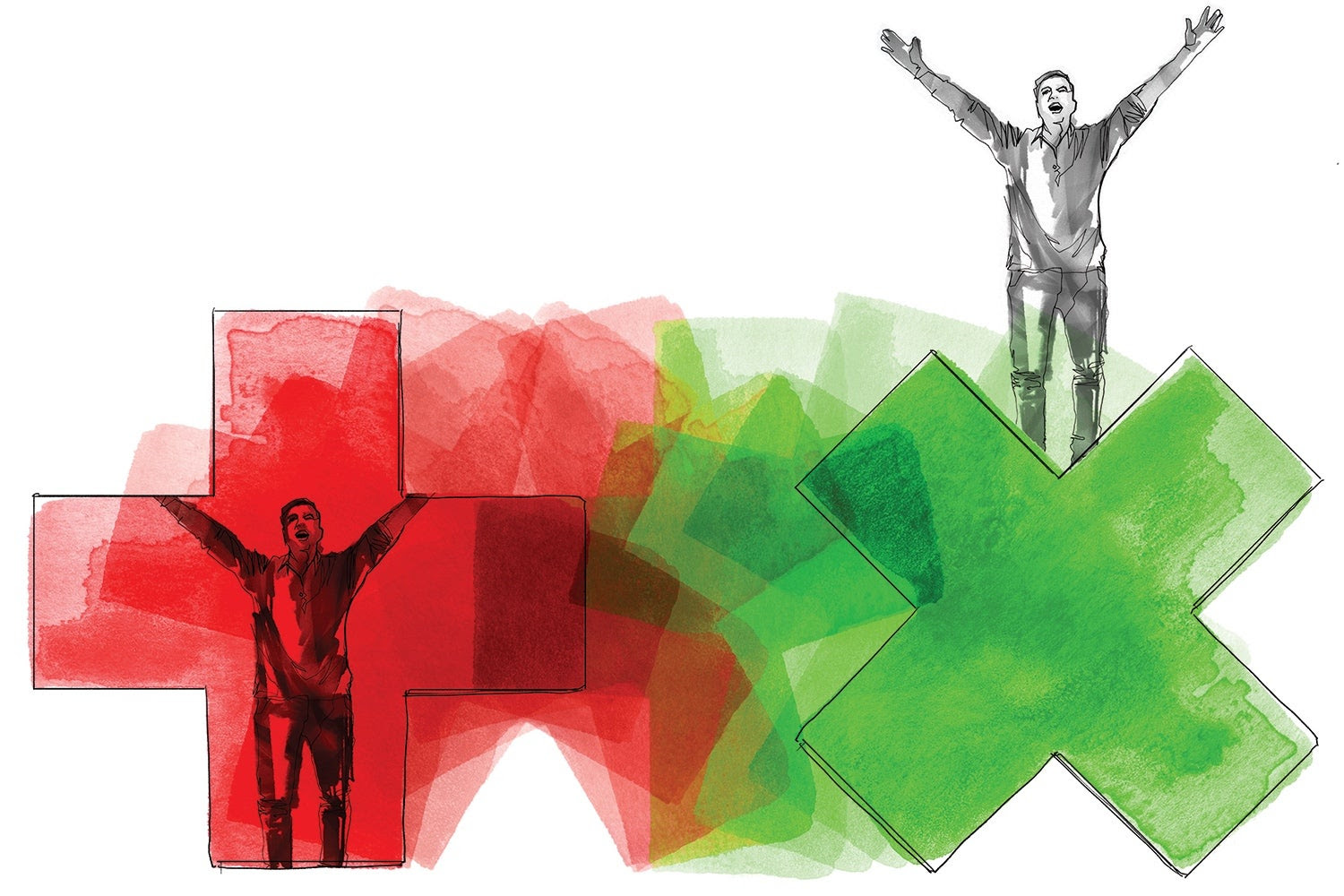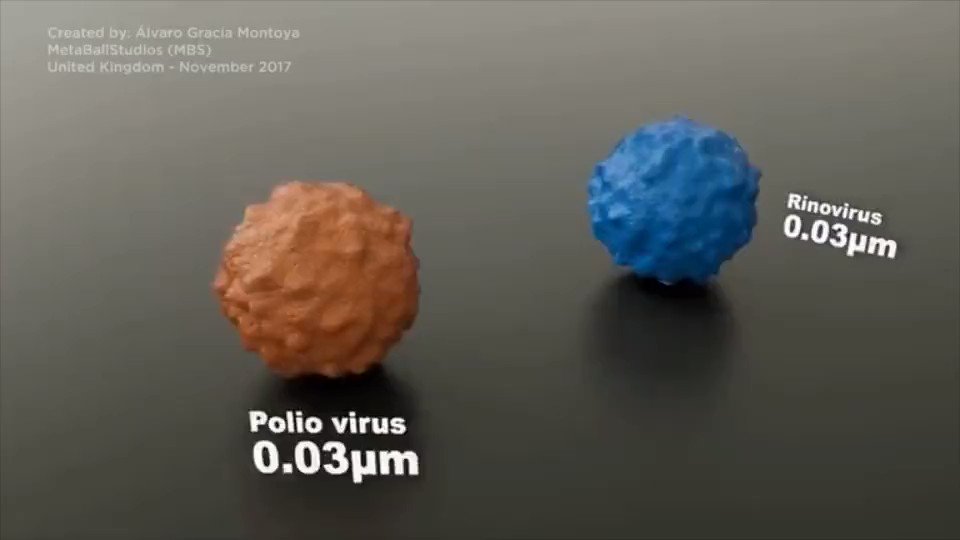#Dra. Valderês Antonietta Robinson Achutti (*13/06/1931+15/06/2021)
A whirlwind of pain and emotions may make you feel stuck when loss happens. Creating memorials and sharing positive memories may help you manage your grief.
Group A Streptococcus infections (strep A) are common and often mild, typically presenting as tonsillitis, pharyngitis, or impetigo. But recent data from the UK show an unusually high incidence of severe strep A with increased reports of scarlet fever cases and progression to invasive group A streptococcal disease (iGAS).
Esse endereço colocou o Rio Grande do Sul em um seleto top 4: com a fábrica Casa A Electrica (grafia da época), apenas a capital gaúcha e outras três cidades no mundo possuíam maquinário capaz de gravar as músicas interpretadas pelos conjuntos no início do século 20. Segunda em toda a América Latina a prensar discos, a indústria do Estado tinha ainda a marca de pioneira a montar gramofones, até então importados e inacessíveis à população menos abastada – o equipamento podia custar três salários mínimos, dependendo do modelo escolhido....#TV5 Monde |
The Physics Principle That Inspired Modern AI ArtBy ANIL ANANTHASWAMY Diffusion models generate incredible images by learning to reverse the process that, among other things, causes ink to spread through water.
Read the article |
|
|
|
A Good Memory or a Bad One? One Brain Molecule Decides.Podcast hosted by SUSAN VALOT;
Story by YASEMIN SAPLAKOGLU When the brain encodes memories as positive or negative, one molecule determines which way they will go.
Listen to the podcast
Read the article |
|
|
The Sound of Stars
Astronomers are translating their data into sounds to make their field more accessible to blind and visually impaired people, writes Timmy Broderick for Scientific American. “Seeing” the data in new ways could potentially lead to new discoveries too. In 2017, astronomers applied their musical knowledge to the TRAPPIST-1 system and found that the orbital periods of its exoplanets formed a major ninth chord. For Quanta, Joshua Sokol wrote about the “music of the spheres” that the scientists composed based on this data.
Nice Signature
A new kind of “Bayesian machine” can learn to recognize a person’s signature with less training than a standard neural network, reports Nature Magazine. The microprocessor uses Bayesian reasoning to draw conclusions from incomplete information. Computer scientist Judea Pearl, who conceived of Bayesian networks in the 1980s, is now teaching computers about cause and effect. In 2018 for Quanta, Kevin Hartnett interviewed Pearl about this key step to building a truly intelligent machine. |
|
|
#Scientific America
New Nature paper provides evidence that science has become less innovative since the 1950s. The authors suggest reversing the trend by:
1. reading widely,
2. focusing less on quantity of papers, & more on research quality,
3. taking year-long sabbaticals.
https://nature.com/articles/s4158 a,b, Decline in CD5 over time, separately for papers (a, n = 24,659,076) and patents (b, n = 3,912,353). For papers, lines correspond to WoS research areas; from 1945 to 2010 the magnitude of decline ranges from 91.9% (social sciences) to 100% (physical sciences). For patents, lines correspond to National Bureau of Economic Research (NBER) technology categories; from 1980 to 2010 the magnitude of decline ranges from 93.5% (computers and communications) to 96.4% (drugs and medical). Shaded bands correspond to 95% confidence intervals. As we elaborate in the Methods, this pattern of decline is robust to adjustment for confounding from changes in publication, citation and authorship practices over time. Source data
As we ring in the new calendar year, IHME experts share the key health issues they’re keeping an eye on, such as long COVID and mental health. Read the list→
|
#Academia Sul Riograndense de Medicina
Dr. Telmo Pedro Bonamigo+













No comments:
Post a Comment